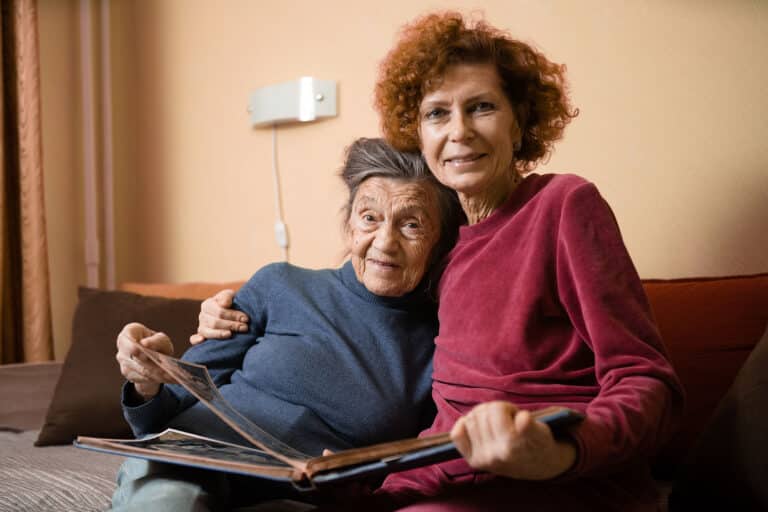Self-care is not just for millennials. You may have seen all of the memes and social media posts created about self-care by millennials. They’ll show themselves drinking iced coffee by a waterfall or resting on a beach chair with cucumber slices on their eyelids while relaxing instrumental music plays in the background.
And while many older generations scoff at “self-care,” it’s just as important for them as well. In fact, companion care at home services and other forms of self-care may be even more critical.
How Self-Care and Companion Care at Home Improves Health
Setting aside time each day to focus on personal needs can seem selfish to some, but it’s an integral part of overall health and wellness. Without taking steps to reduce stress, promote self-positivity, and express gratefulness, the body becomes more prone to the unhealthy side effects of stress.
Over the years, built-up stress combined with a lack of caring for the body’s needs can increase a person’s risk for diseases like cancer and Alzheimer’s, as well as increase the risk of mental health conditions such as depression or anxiety. Companion care at home can help.
Four Forms of Self-Care
While your loved one might not be ready to work directly on all four areas, using some gentle persuasion to focus on one at a time can help him learn new habits that will promote better self-care.
Emotional Self-Care
The key to emotional self-care is sometimes about retraining the brain to focus on the positive and calming aspects of the environment. It can involve meditation or yoga, reading an uplifting book, or working on a hobby that brings joy and satisfaction.
A great way to improve emotional health is to practice daily gratitude, which allows the brain to shift from negative thoughts to positive ones.
Physical Self-Care
Staying active is a vital part of self-care. Your loved one doesn’t have to join a gym or purchase some workout equipment. For good self-care, staying active by doing something he loves will produce better physical health and increase overall mental health.
If physical activity is not a regular part of your loved one’s day, talk to his doctor about an excellent plan to start the journey toward a more active lifestyle. From daily walks to senior swim classes, there are a lot of great physical activities that companion care at home providers can help your loved one participate in that will be safe for his age.
Social Self-Care & Companion Care at Home
Being connected to others is a huge part of maintaining good self-care, but sometimes, at your loved one’s age, it can be the hardest part. He might find that all of his friends are gone or his family lives too far away.
This is where hiring someone to provide companion care at home can be a part of his self-care. A companion care at home provider can visit regularly to provide human connection. He might play games with his companion care at home provider, enjoy long conversations on the porch, or take a stroll together.
Spiritual Self-Care
This type of self-care can involve participating in the faith practices he grew up with or simply finding ways to serve and connect with his fellow man by sharing kindness or volunteering.
Your loved one might scoff when you mention self-care, but be persistent. Once he tries companion care at home and takes some steps toward self-care, he might love it so much that he’ll not want to stop.
If you or an aging loved one needs Companion Care at Home in Elk Grove, CA, contact A Better Living Home Care today (916) 514-7006
- Kitchen Tools That Make Eating Easier for Seniors - April 25, 2025
- Helping Seniors Reduce Health Anxiety - April 18, 2025
- Why Should Seniors Consider Adding Soy to Their Diets? - April 7, 2025


